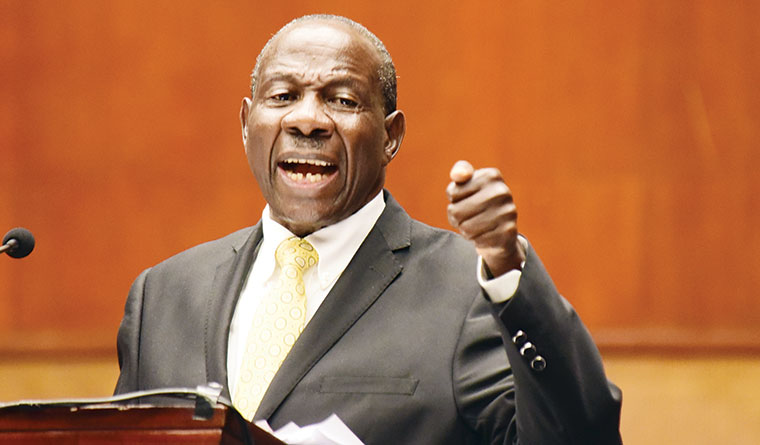The Executive Board of the International Monetary Fund (IMF) has approved a 36-month arrangement under the Extended Credit Facility (ECF) for Uganda in an amount equivalent to US$1 billion (about Shs3.6 trillion) to support the post-COVID-19 recovery and the authorities’ plan to increase households’ incomes and inclusive growth by fostering private sector development.
Uganda’s economy was hit hard by the COVID-19 crisis. The outlook remains highly uncertain, with risks tilted to the downside, including from a resurgence of tighter containment measures linked to higher COVID-19 positivity rates.
The program will include reforms to increase domestic revenue, foster public sector efficiency and strengthen governance while preparing the ground for sound management of oil revenues. The program will strengthen the monetary policy and financial sectors frameworks while fostering development, including through financial inclusion.
“Uganda’s economy has been severely impacted by the COVID-19 global pandemic, which reversed decade-long gains in poverty alleviation and opened up fiscal and external financing gaps. The authorities’ program, supported by a new arrangement under the Extended Credit Facility, focuses on keeping public debt on a sustainable path while improving the composition of spending and advancing structural reforms to create space to finance private investment, foster growth and reduce poverty,” said the Deputy Managing Director and Acting Chair, Tao Zhang in a statement.
Uganda last year borrowed $491.5 million (about Shs 1.7 trillion under the Rapid Credit Facility, a program that provides access to rapid and concessional financial assistance to low-income countries facing urgent balance of payments needs.
However, the public is still demanding for the accountability of the loans they acquired in 2020 to address the issue of COVID-19.
